Here are some facts about the Republic Day that you might have studied in school, but they are no more on top of your mind. We will try to brush up your memory and take you through some known and unknown facts.
1. Did you know that the 26th of January, 1950 isn’t mentioned in the Preamble!
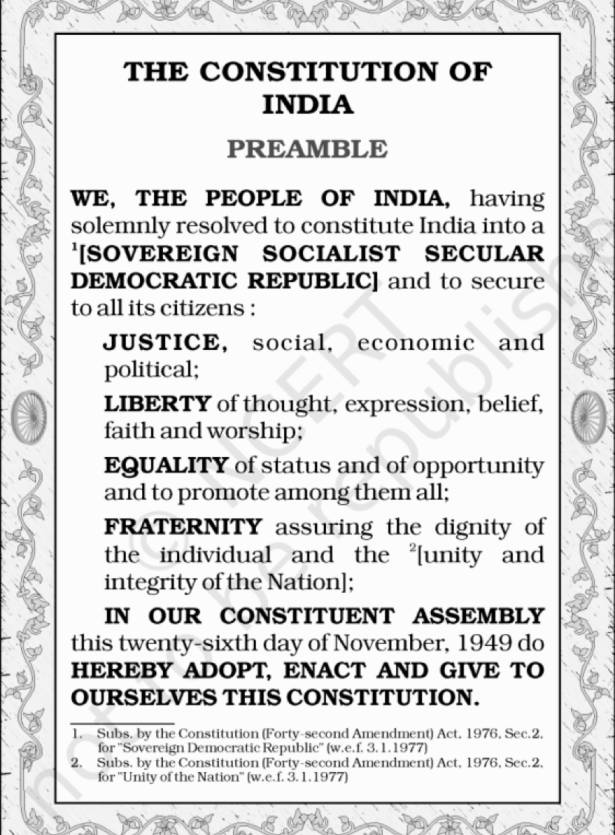
You may remember seeing the above as a part of your Civics text book in school. The preamble is basically the essence of the Constitution which states that India to be a Sovereign, Socialist, Republic.
But what you didn’t notice, was the date mentioned in the Preamble!
It was on this day that the Constitution of India was adopted by the Constituent Assembly. So then why was 26th January called the Republic Day and not 26th November 1949? This brings us to the next point.
2. 26th January – a date of historical significance since Indian Independence Struggle.
Did you know that we actually had one of the first calls for ‘Independence’ in the form of a day called ‘Purna Swaraj’ back in 1930 itself? It was on this day – 26th January, back in 1930, that our freedom fighters declared that they sought independence as a last resort from the British Rule of the Crown.
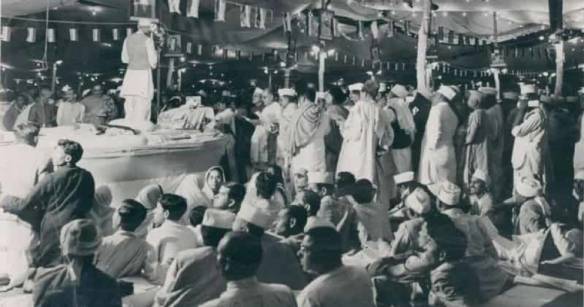
3. India was a dominion under the British Crown until 1950!
The Constituent Assembly which helped in framing the Constitution from scratch – was actually a partially elected and partially nominated body.
India was until 26th January 1950, an independent dominion in the British Commonwealth of Nations after its independence on 15th August, 1947. This was created by the Indian Independence Act 1947, signed by Lord Mountbatten who was working as a representative of the British Crown.
The first democratic elections happened in 1951 and before that, we were still having a dominion status under the British Crown, which meant that the decisions being made by the Constituent Assembly were still made in the name of the British Crown. This is why the day of us attaining Republic is so significant!
4. Republic Day is actually a three-day affair!
We get a one day national holiday on Republic Day. But did you know that the Republic Day is in fact ‘Days’ in the sense that the Beating Retreat Ceremony ends on the 29th January, marking the end of the affair.
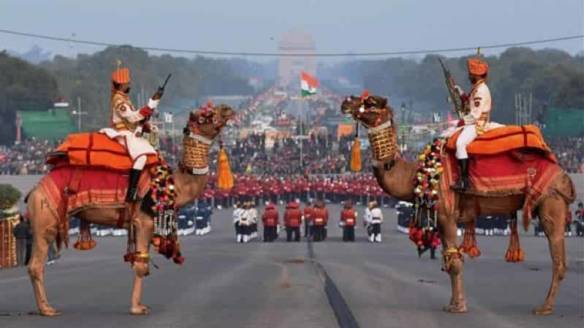
5. Republic Day was celebrated for the first time on Rajpath in 1955
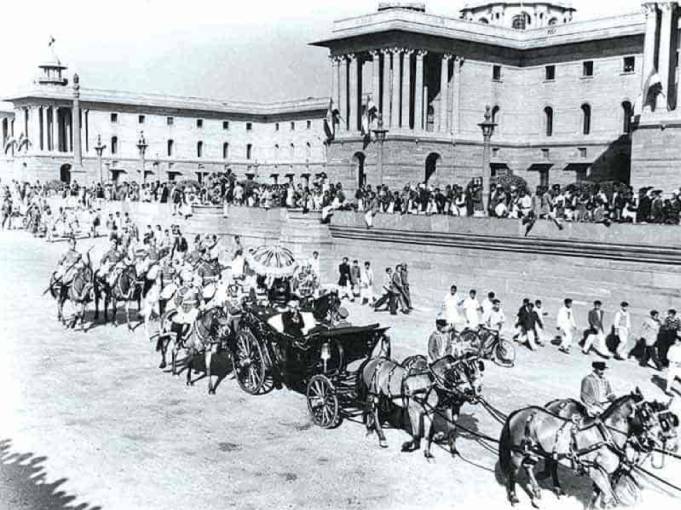
The famous tableaus that you watch in the Rajpath each year, being telecast on the National Television, actually didn’t happen till 1955 at the same place. The first four years, between ‘1950-’1954, were celebrated in Red Fort, Ramlila Grounds, Irwin Stadium, and Kingsway.
6. There is no Prime Ministerial Speech on Republic Day!
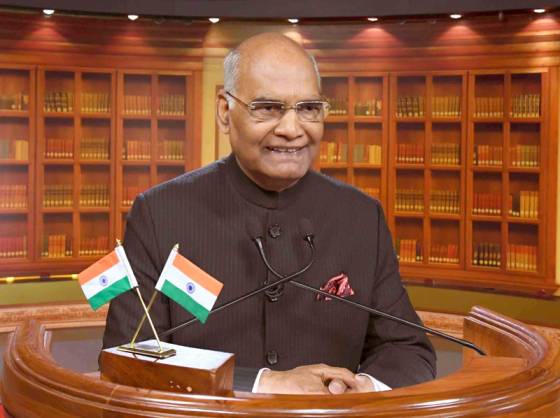
The speech that the Prime Minister of India delivers from the podium at Red Fort is on 15th August, the Independence Day and not on the Republic Day. It is the President of India who addresses the nation on the eve of Republic Day . Also, the parade on 26th January is presided over by the President, who is the first citizen of the nation. The President is the one who hoists the flag on this day.
7. Republic Day awards the valour shown by the protectors of India on this day
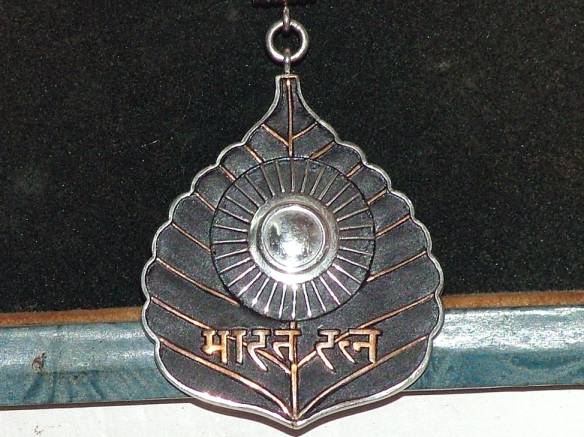
Awards like Kirti Chakra, Padma Awards, and the most renowned Bharat Ratna, is announced on the eve of Republic Day and is awarded on the Republic Day.
Also Read – Republic Day- The celebrations



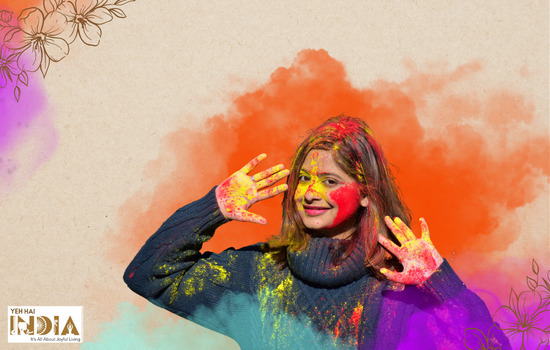


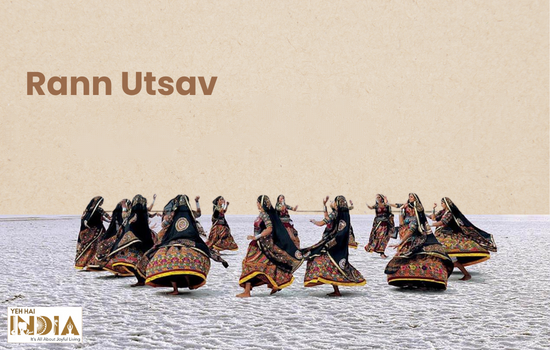
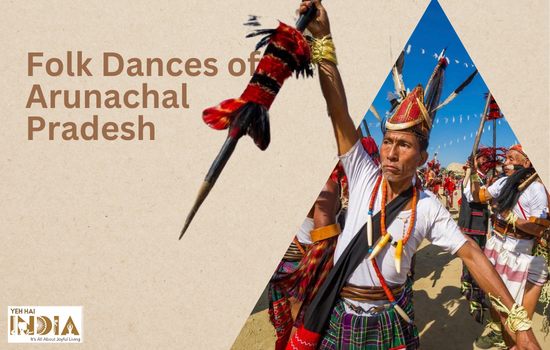
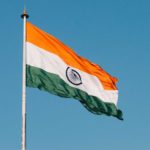

Like!! Really appreciate you sharing this blog post.Really thank you! Keep writing.